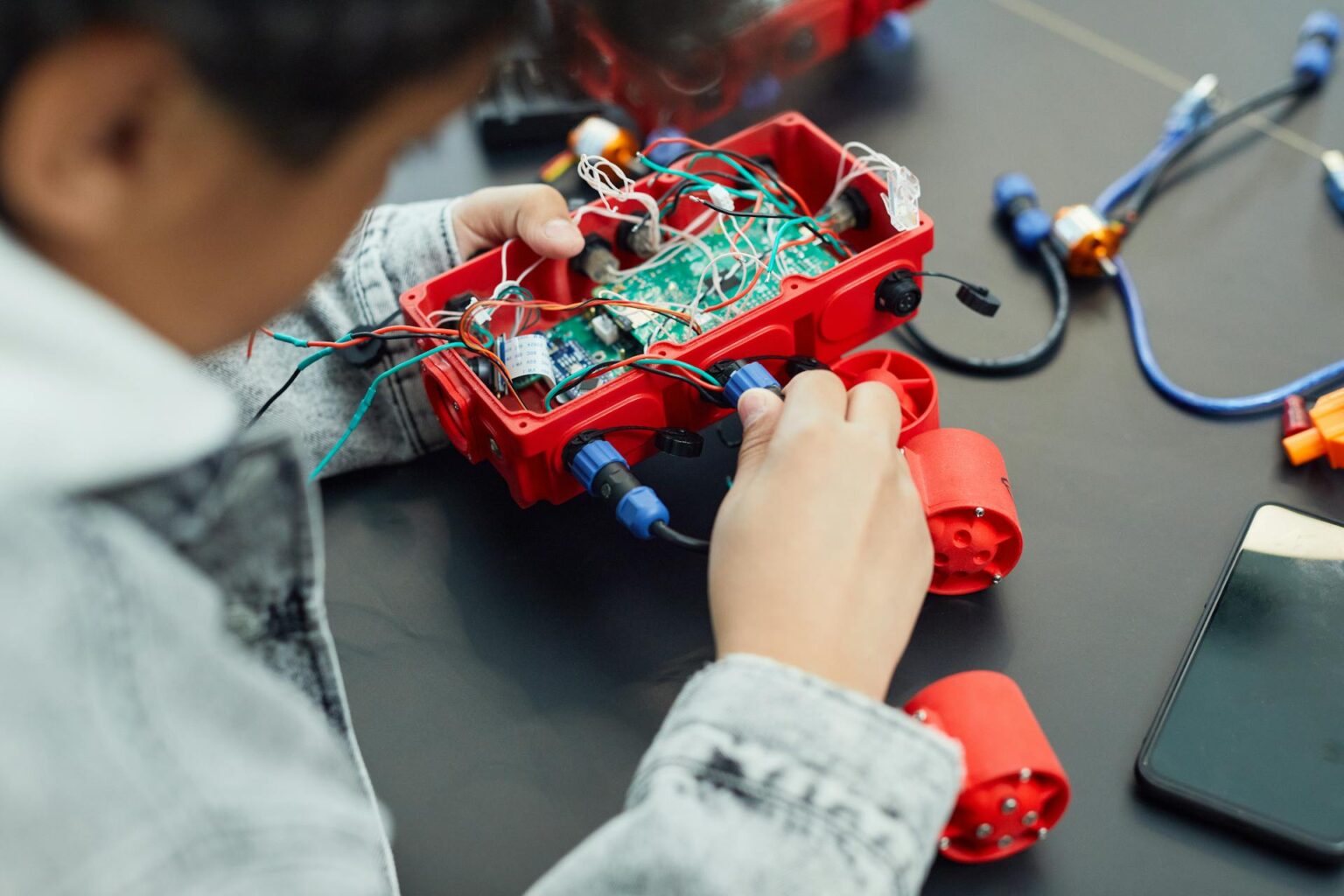Co-Curricular Activities (CCAs) are a vital part of Singapore’s education system, enriching students’ school experience and fostering their interests, teamwork, and leadership skills. In particular, club- and society-based CCAs offer primary and secondary students opportunities to pursue specialized interests and develop key competencies outside the standard classroom setting. This article provides an overview of common club- and society-type CCAs in Singapore’s primary and secondary schools, along with tips on how parents can help their children prepare.
I. Club and Society CCAs in Singapore Primary Schools
At the primary level, clubs and societies mainly focus on sparking interest and helping children explore their talents and passions. Below are some typical examples:
- Art & Craft Club
- Activities: Drawing, handicrafts, pottery, etc.
- Skill Development: Creativity and art appreciation.
- Who Should Join: Children who enjoy painting or crafting.
- Science Club
- Activities: Simple experiments, science exhibitions, and nature observation.
- Skill Development: Scientific thinking and hands-on abilities.
- Who Should Join: Kids with a passion for exploration and discovery.
- IT & Coding Club
- Activities: Scratch programming, robotics, and basic coding concepts.
- Skill Development: Logical reasoning and technological literacy.
- Who Should Join: Students interested in computers and coding.
- Language & Drama Club
- Activities: Language practice, speech contests, and drama performances.
- Skill Development: Public speaking, creativity, and self-confidence.
- Who Should Join: Students with a flair for expression or a strong interest in languages.
- Music Club
- Activities: Choir, instrumental groups (e.g., piano, drums, guitar).
- Skill Development: Musical talent and teamwork.
- Who Should Join: Children keen on exploring music and performance.
II. Club and Society CCAs in Singapore Secondary Schools
At the secondary level, CCAs tend to be more specialized and competitive. Students work at a higher level of rigor, honing more advanced skills. Common examples include:
- Academic Clubs
- Examples: Math Club, Science Club, Coding Club.
- Activities: Taking part in academic competitions, hosting talks, or running science/tech projects.
- Skill Development: Critical thinking and innovation.
- Creative & Innovation Clubs
- Examples: Entrepreneurship Club, Design Club, Invention Club.
- Activities: Developing business plans, designing new products, pitching innovations.
- Skill Development: Leadership, problem-solving, and creative thinking.
- Community Service Clubs
- Examples: Volunteer Club, Environmental Club.
- Activities: Organizing community events, environmental campaigns, or social service projects.
- Skill Development: Social responsibility and empathy.
- Performing Arts Clubs
- Examples: Drama Society, Dance Ensemble, Music Band.
- Activities: Public performances, national-level competitions.
- Skill Development: Artistic expression, collaboration, and stage confidence.
- Special Interest Clubs
- Examples: Photography Club, Chess Club, Anime Club.
- Activities: Developing niche interests, participating in relevant competitions.
- Skill Development: Focus, specialized knowledge, and technique.
III. Preparing Children for CCA Involvement
To help children join CCAs that best suit their abilities and interests, parents can take several steps:
- Identify Interests and Talents
- Observe their Preferences: Notice which activities capture your child’s curiosity.
- Encourage Exploration: Let them try various pursuits, discovering hidden talents through trial and error.
- Research the School’s CCA Options
- Review the CCA Handbook: Most schools share an overview of their CCAs at the start of the academic year.
- Communicate with Teachers: Talk to class teachers or CCA coordinators to clarify requirements and potential developmental paths.
- Enhance Relevant Skills
- Enrichment Classes: Consider external lessons (e.g., art, coding) to strengthen foundational skills.
- Practical Exercises: Engage in hands-on activities at home—like art projects or simple science experiments.
- Encourage Trial Participation
- CCA Trials: Many schools allow students to “taste test” or attend trial sessions before official enrollment.
- Overcoming Challenges: Urge your child to face any high expectations or auditions bravely, stepping outside their comfort zone.
- Foster Time Management
- Plan a Schedule: CCAs typically occupy after-school hours, so help children balance these commitments with homework.
- Set Priorities: Teach them how to respect both academic responsibilities and extracurricular involvement.
- Develop Collaboration and Leadership
- Team Spirit: Use group games or family assignments to underscore the importance of working well with others.
- Responsibility: Delegate household tasks or decision-making responsibilities to build a sense of ownership and leadership.
IV. Benefits of CCA Participation
Joining a club or society not only supports children’s personal development but also brings additional advantages:
- Enhanced Competencies
- Deeper Mastery: Gain in-depth knowledge and technical skills in a particular area of interest.
- Improved Soft Skills: Strengthen communication, self-assurance, and problem-solving abilities.
- Enriched Academic Profile
- DSA and Beyond: Strong CCA involvement often benefits students applying to secondary schools or higher institutions—especially if they opt for Direct School Admission (DSA).
- Broader Social Network
- Friendships: Team projects and collaboration foster close bonds, potentially leading to long-term friendships.
- Stronger Competitive Edge
- Recognition: Participating in national competitions or performances can bolster a child’s résumé and sense of accomplishment.
V. Common Challenges and How to Address Them
- Changing Interests
- Children’s preferences evolve over time. Stay open-minded if they decide to switch CCAs.
- Academic Pressure
- If academic demands are overwhelming, help your child craft a realistic schedule that accommodates both coursework and CCA.
- Skill Gaps
- If your child struggles within a CCA, consider supplemental tutoring or targeted training sessions.
- High Competition
- Some CCAs are especially popular or selective. Encourage a healthy mindset focusing on personal improvement rather than comparisons with peers.
VI. Conclusion
Club and society CCAs are an essential aspect of Singapore’s education framework, offering students diverse opportunities for growth—both in primary and secondary school. By understanding your child’s interests, preparing adequately, and nurturing their motivation, parents can guide children to find their place in these activities and unlock their full potential.
Participation in a CCA helps students develop valuable skills and achievements that will serve them well in future academic paths and beyond. With careful planning and support, CCAs can become an integral stepping stone in a child’s developmental journey.
